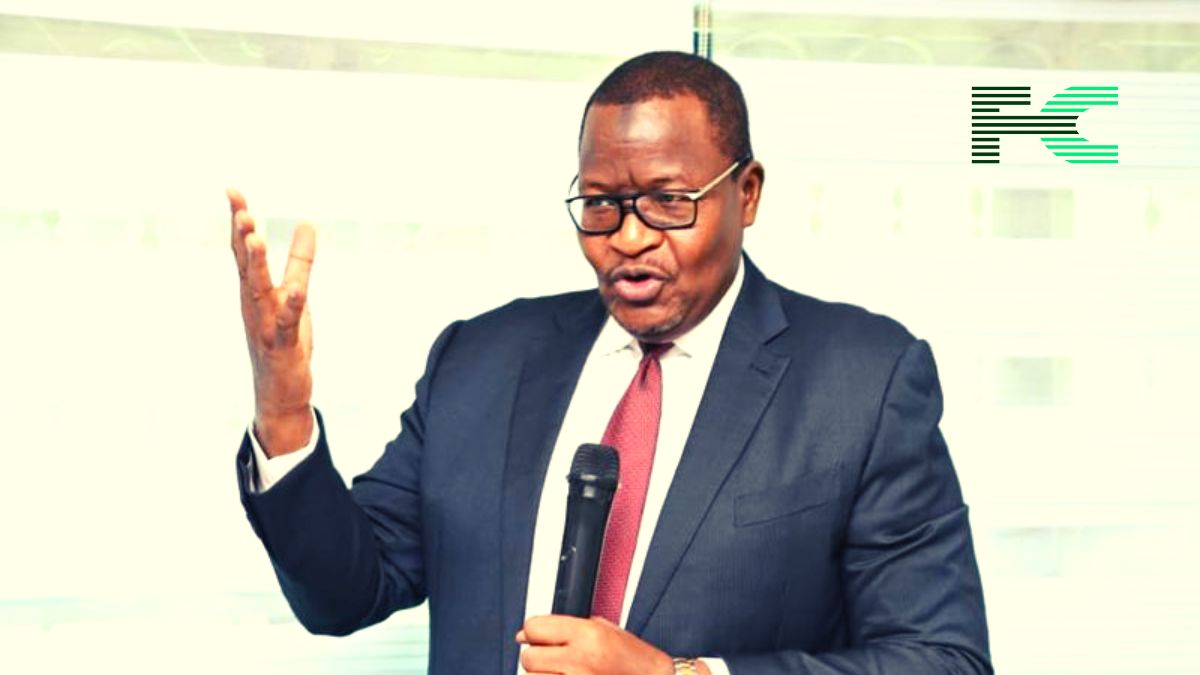Major bridge collapses in the Northeast are considered endemic, according to the North East Development Commission (NEDC).
Mohammed Alkali, the Commission’s Managing Director, linked this phenomena to the consequences of climate change.
In Namnai, Gassol local government area, Taraba state, on Friday, he made this declaration while evaluating the damage caused by the recent flood that destroyed a significant bridge that connected Taraba North and South.
At a cost of N5,000 each bus crossing, commuters along the route now use ferries to connect to the other side of the washed-away bridge.
Alkali observed during the inspection that the North East region is particularly impacted by climate change and its components, which has placed a great deal of strain on the local government and populace.
He did, however, give his word that the commission would not be discouraged and would collaborate with the corresponding state governments to identify long-term fixes for the region’s frequent bridge collapses.

What they’re saying
He stated, “Climate change is a reality now, but ten to twenty years ago, flooding washed away bridges.
“Bridge collapses in the northeast are now endemic.
“I was in Adamawa state two weeks ago with the same problem. “Bauchi has its own share, as does Gombe. We have now observed the similar problem in Taraba, where some bridges were washed away a few days ago.
“Right now, we need to sit down and look at the problem from all angles and propose long-term remedies.”It will be a collaborative work with the state governments so our people can heave a sigh of relief.”
Bottom Line
The term “endemic” suggests that bridge collapses are a persistent and widespread problem in the Northeast. This indicates a systemic issue that requires comprehensive, long-term solutions rather than piecemeal repairs.
The destruction of bridges has significant economic and social consequences. The use of ferries at N5,000 per bus crossing highlights the immediate financial burden on commuters and the disruption of daily life and commerce. Reliable infrastructure is vital for economic stability and community well-being.

















